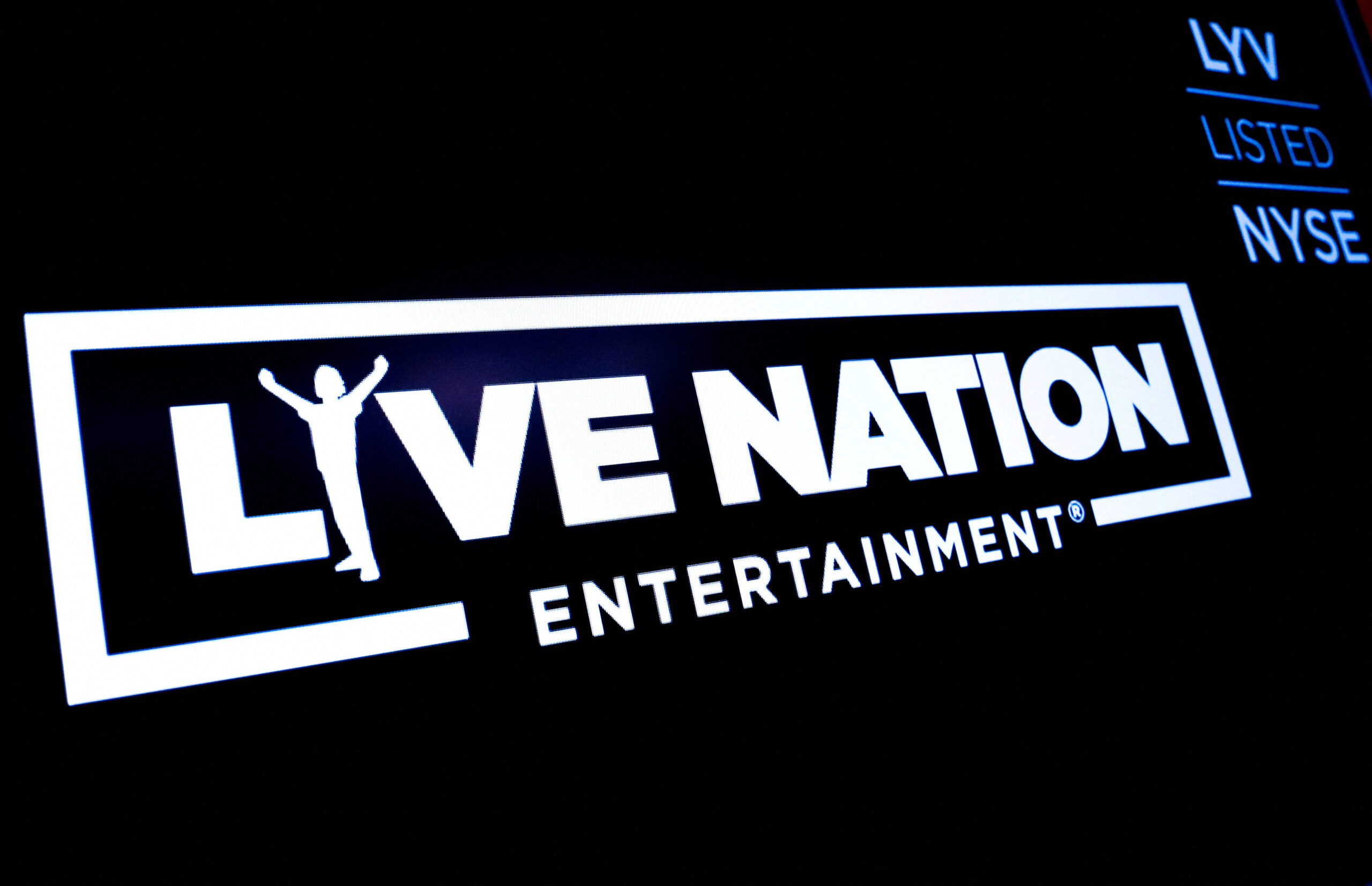
The U.S. Department of Justice (DOJ), along with several states, is set to file an antitrust lawsuit against Live Nation Entertainment, targeting its subsidiary Ticketmaster’s dominant position in the concert ticket sales market.
This legal action, scheduled for filing in the Southern District of New York on Thursday, May 23, aims to address allegations of monopolistic practices that may include a directive to dismantle the merger between Live Nation and Ticketmaster. The merger, which occurred in 2010, has been under scrutiny for potentially stifling competition and disregarding prior settlements aimed at preserving market fairness.
Background and Legal Precedents
Live Nation, the largest concert promoter in the U.S., merged with Ticketmaster, a leading ticket sales company, over a decade ago. The merger was initially approved by the Obama administration under specific conditions to prevent retaliatory practices against venues choosing alternative ticket services.
However, subsequent administrations have found Live Nation in violation of these agreements. Notably, the Trump administration’s findings led to a revised settlement in 2019, which included the appointment of an external monitor to oversee Live Nation’s compliance.
Public and Political Pressure
The DOJ’s decision to take action now follows heightened public and political pressure that surged after Ticketmaster’s mismanagement of ticket sales for Taylor Swift’s 2022 tour, which resulted in extensive wait times and system failures.
This incident not only frustrated thousands of fans but also brought to light the broader implications of Ticketmaster’s market dominance on consumer experiences. A Senate hearing in January 2023 further amplified these issues, critiquing Live Nation for its lack of operational transparency and its failure to address bot-driven ticket scalping effectively.
This lawsuit aligns with a broader antitrust campaign under President Joe Biden’s administration, which has pursued aggressive actions against monopolistic practices in sectors including technology and healthcare. Notably, similar actions have targeted giants like Google, Apple, and Amazon, aiming to curb monopolistic behaviors and promote a more competitive market landscape.
The financial markets have reacted sharply to these developments, with Live Nation’s shares experiencing a significant decline, dropping by 10% following Bloomberg’s report on the impending lawsuit.
U.S. Attorney General Merrick Garland underscored the significance of the lawsuit, accusing Live Nation of using its market position to “suffocate competition,” through actions ranging from hostile acquisitions to threatening competitors. This pattern of behavior, Garland suggests, has not only disadvantaged other ticketing and promotion companies but has also directly impacted consumers by limiting their choices and inflating prices.
In response, Live Nation has defended its practices, arguing that factors like production costs and artist popularity are the true drivers of high ticket prices, rather than its own pricing strategies. Furthermore, the company points to the widespread issue of online ticket scalping as a significant influence on market prices, suggesting that its role in pricing issues may be overstated.
Related News:
Featured Image courtesy of BRENDAN MCDERMID/REUTERS
